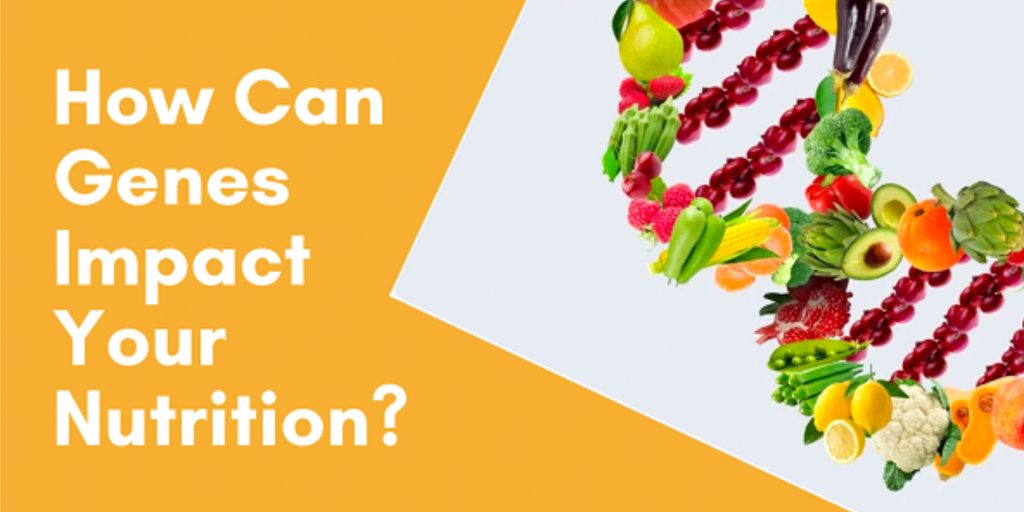Ever wonder what you can eat best for your individual body? Your own genetic code can actually help you to determine the best diet for your unique health needs.
If you’re struggling to lose weight, experience low energy, feel crumby after eating certain foods, preparing for fertility, or just interested in understanding how to best optimize your diet, functional nutrition testing might be right for you.
Before we go further, it is important to first understand what Functional Nutrition Testing is all about.
WHAT IS FUNCTIONAL NUTRITION TESTING?
Functional Nutrition Testing is a tool used by practitioners to investigate the root cause of your symptoms. It helps us to take a deeper look at how the body is functioning in a particular individual, which can help tailor more specific nutrition, diet and/or supplementation protocols to address any imbalances or increased needs.
“Nutrition needs to be tailored to the individual. There is no “one-size-fits-all”approach”
– Victoria Friscioni, Registered Dietitian
NUTRIGENOMIX® CAN HELP YOU EAT ACCORDING TO YOUR GENES
Nutrigenomix® is the science that studies the interaction between the nutrients we eat and our genes. Offering genetic testing looking at 70+ genes, Nutrigenomix® is widely regarded as the global leader in genetic testing for personalized nutrition, and it is based here in Toronto, Canada. Their genetic tests were developed according to stringent standards of scientific evidence.
WITH A NUTRIGENOMIX® TEST CAN SHOW:
- What nutrients you should focus on in your diet to meet your needs including:
- Vitamin D
- Vitamin B12
- Calcium
- Iron
- How to eat to reach your weight loss, body composition, sports performance goals
- Metabolism
- Eating Habits
- Protein Needs
- Carb Needs
- Fat Needs
- How to reduce your risk factors for various conditions through nutrition:
- Risk for Heart disease
- Risk for Diabetes
- Risk for Obesity
- Risk for Inflammation
- What foods you may be sensitive or potentially intolerant to:
- Lactose
- Gluten
- Caffeine
- Alcohol
- How to optimize a plant-based or vegetarian diet
- How to optimize fertility & hormone health
While the results are not diagnostic, they can help us to identify potential risks in your genes or how your body responds to the effect of a dietary factor.
For example, the LCT gene examined by Nutrigenomix can help to predict how your body responds to lactose. If you have an intolerance, you can then work alongside your Dietitian to limit your lactose intake, and find food alternative sources of calcium and vitamin D instead.
Alternatively, if your test shows you have a gene variant for a higher risk of developing a deficiency for Vitamin B12, you and your Dietitian can work toward meeting the minimum Recommended Daily Allowance through food or supplementation as well as strategies to increase your B12 absorption (e.g. working on digestion).
NUTRIGENOMIX® AS AN INFORMATIVE, EMPOWERING & ACTIONABLE TOOL
Current research shows that genetic testing can help to motivate clients toward making positive and actionable behaviour and dietary changes. The more you know about your needs, the better we can tailor your nutrition toward supporting them.
WE ARE HERE TO SUPPORT YOU
All Nutrigenomix® tests will be provided, interpreted, and presented to you through your trusted Registered Dietitian. Together, your provider will take up your results and build a plan around your needs and goals.
From the Author, Victoria Friscioni, RD:
As a Dietitian passionate about digging deeper and the client-centered approach, I am pleased to be able to offer Functional Nutrition Testing through Nutrigenomix at Aurum Medicine & Wellness. I look forward to working with you in my practice in the near future.
References
⦁ Nutrigenomix.Genetic Testing for Personalized Nutrition. https://www.nutrigenomix.com/ (accessed March 11, 2019).
⦁ Grimaldi, K. A. et al. Proposed guidelines to evaluate scientific validity and evidence for genotype-based dietary advice. Genes and Nutrition 12, doi:10.1186/s12263-017-0584-0 (2017).
⦁ Poinhos, R. et al. Providing Personalised Nutrition: Consumers’ Trust and Preferences Regarding Sources of Information, Service Providers and Regulators, and Communication Channels. Public Health Genomics 20, 218-228, doi:10.1159/000481357 (2017).

